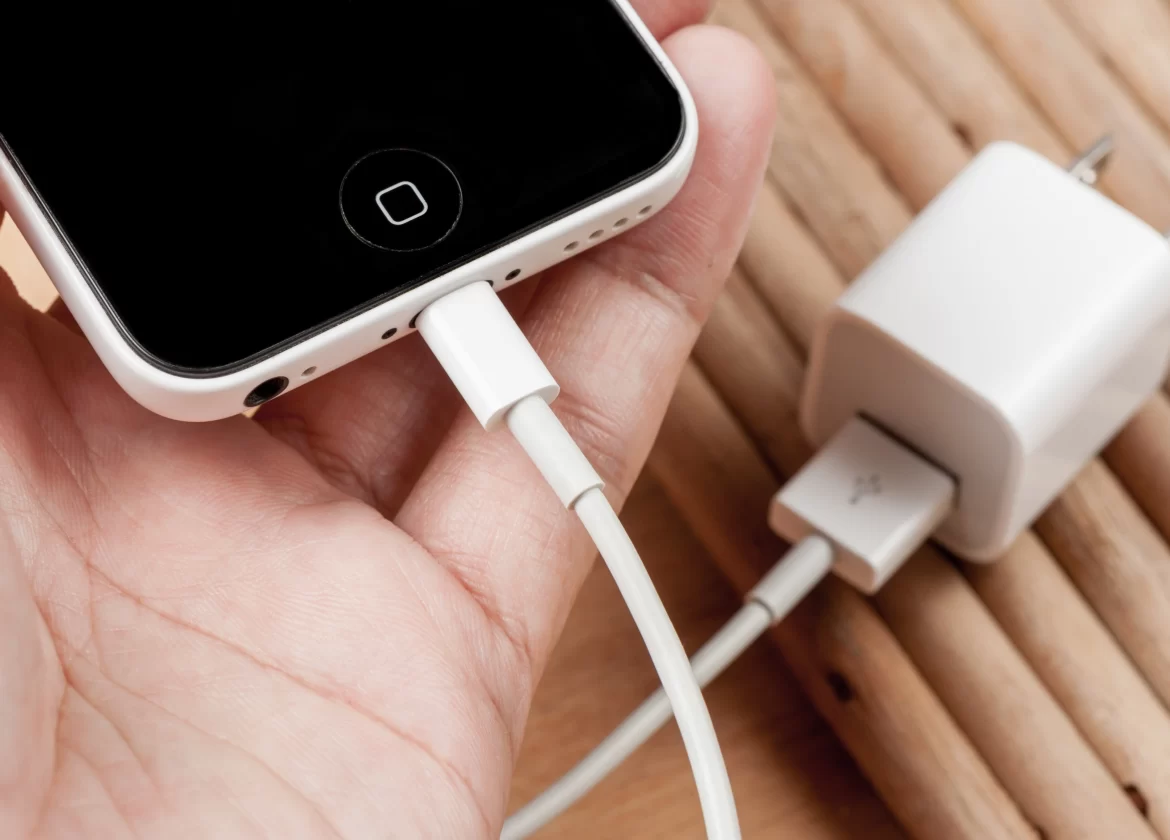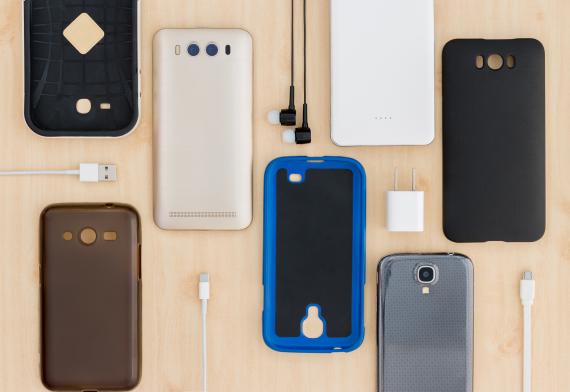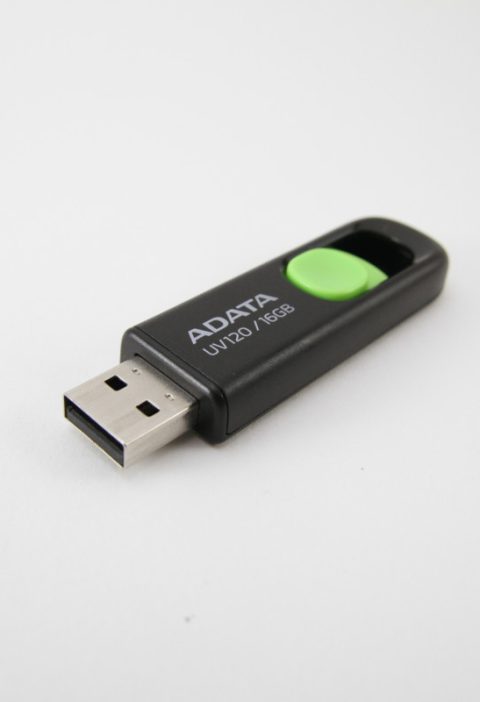In today’s technology-driven world, smartphones have become an indispensable part of our lives. From communication and entertainment to productivity and staying connected, our smartphones play a crucial role. However, all the amazing features and capabilities of our phones are of no use if the battery runs out. That’s where phone chargers come into play, ensuring that our devices stay powered up and ready for use. With advancements in charging technology, two popular options have emerged: wired chargers and wireless chargers. Each has its advantages and disadvantages, leaving many users wondering which option is the best for their needs. In this comprehensive guide, we will delve into the intricacies of wired and wireless phone chargers, explore their functionalities, benefits, and limitations, and help you make an informed decision on which type is the most suitable for your lifestyle.
Wired Phone Chargers
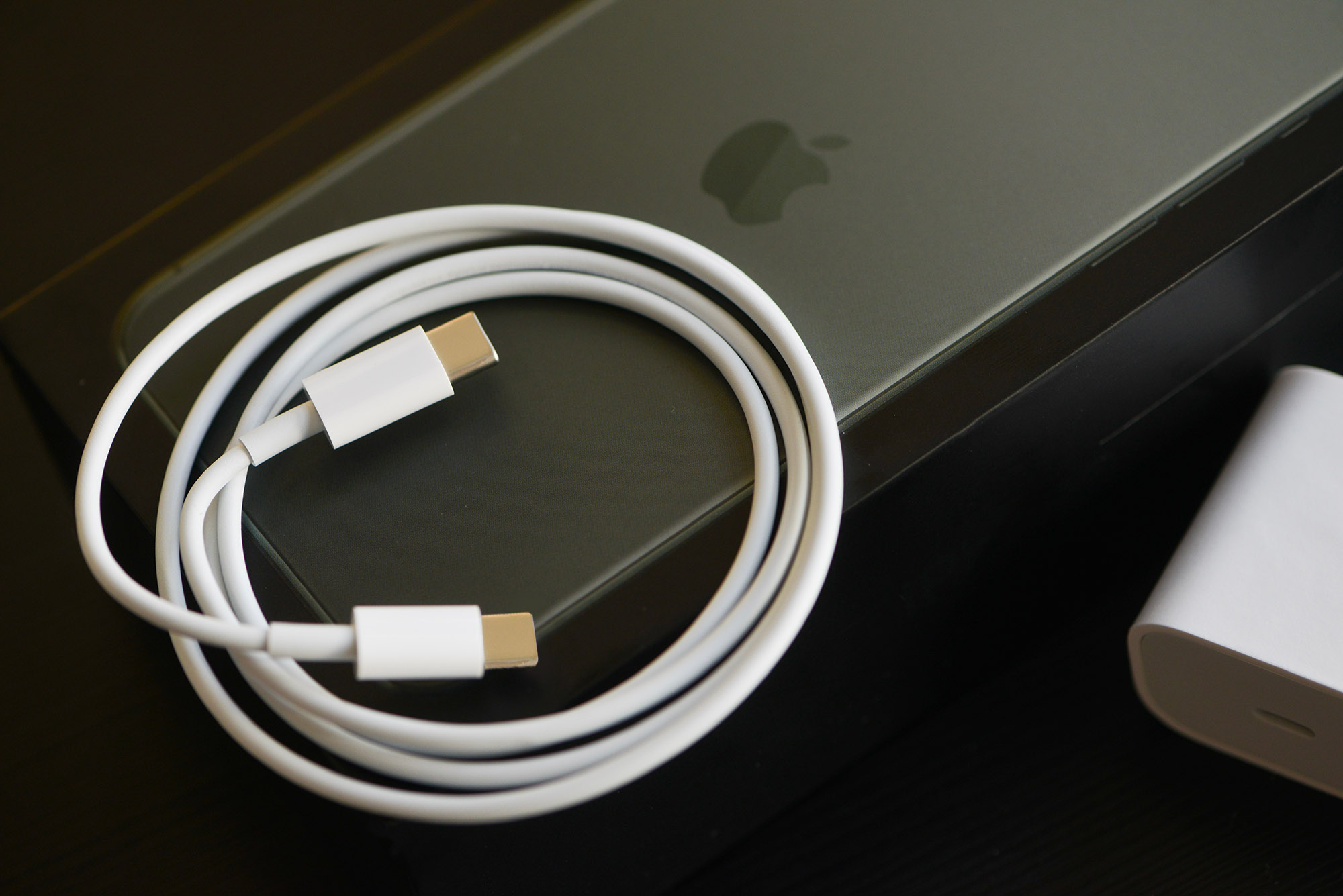
Fast Charging Speed
The high charging speed of wired chargers is one of their most significant advantages. Wired chargers can supply higher power levels, resulting in faster phone charging times. This is very useful when you need to charge your phone quickly.
Universal Compatibility
Because wired chargers use standard USB connectors, they are compatible with practically all smartphones and other devices. A wired charger will work with any device that has a USB port, including Android phones and iPhones.
Affordable and Readily Available
Wired chargers are commonly accessible and reasonably priced. They are widely available in convenience stores, electronics stores, and internet sellers, making them a convenient option for the majority of consumers.
Mobility and adaptability
A wired charger does not need you to charge in a certain spot. You can charge your phone while using it as long as there is a power outlet nearby, making it a great alternative for on-the-go charging.
Phone Usage Is Unaffected
Using a cable charger allows you to continue using your phone while it charges. You may continue to make calls, send messages, and utilize applications uninterrupted.
Wireless Phone Chargers

Cable-Free Convenience
The fundamental benefit of wireless chargers is the elimination of the need for cables. Wireless charging eliminates the need to untangle cables or carry several chargers for various devices.
Port Longevity
You may prevent wear and tear on your phone’s charging port by adopting wireless charging, which is a typical site of failure in many smartphones over time.
Enhanced Safety
Wireless chargers frequently include built-in safety features like temperature control and foreign object identification to help avoid overheating and damage to your phone and charger.
Aesthetically Pleasing
Wireless chargers may improve the appearance of your office or bedside table by eliminating the clutter of cords.
Increasing Compatibility
Wireless charging technology is becoming increasingly common, and a growing number of phones are equipped with it. This trend is projected to continue, making wireless chargers a more practical alternative for a wider range of gadgets in the future.
Considerations for Choosing the Best Charger
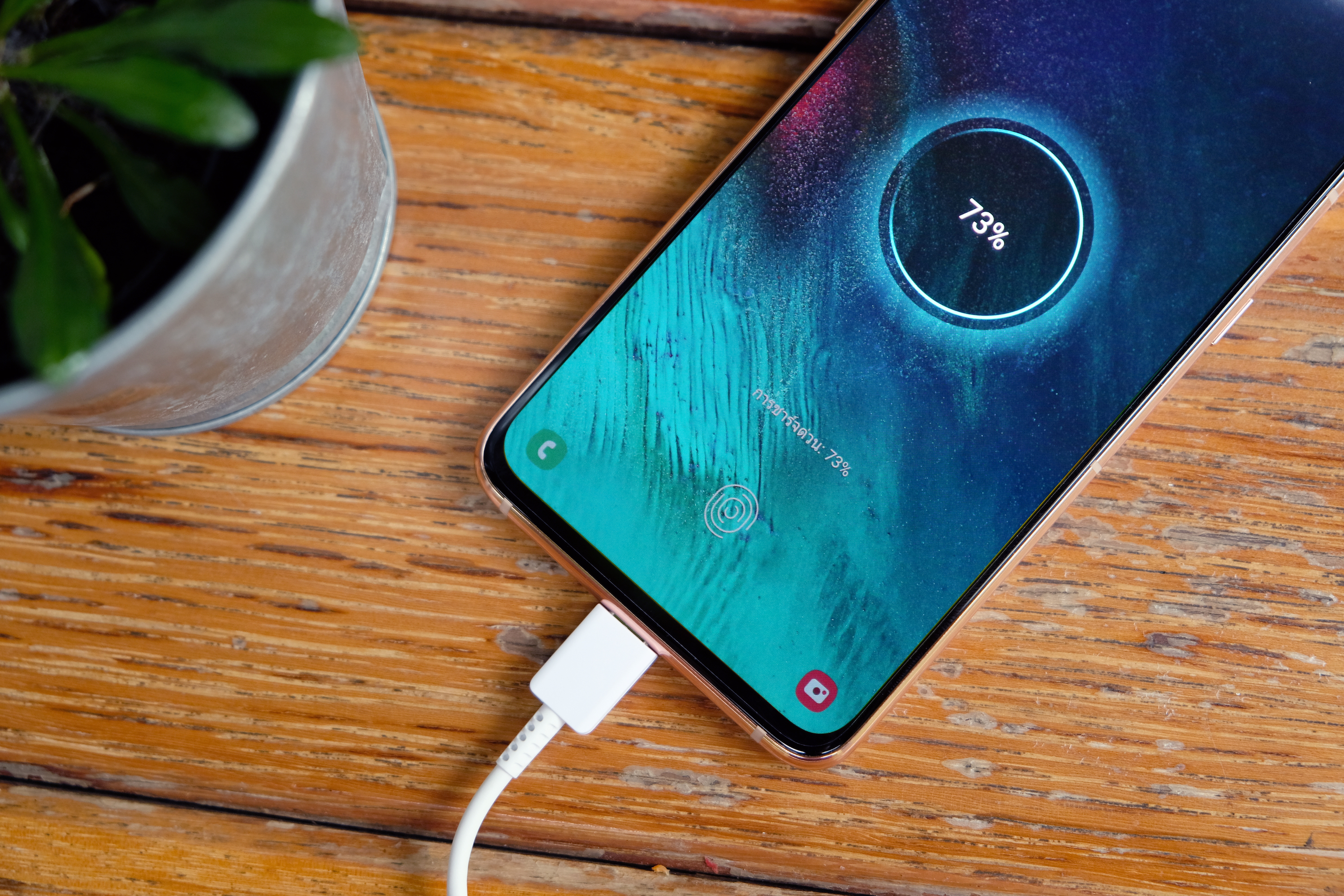
Charging Speed: If fast charging is essential to you, a wired charger may be the better choice. However, keep in mind that advancements in wireless charging technology are gradually reducing the speed gap between wired and wireless options.
Convenience and Flexibility: If convenience and cable-free charging are priorities, a wireless charger may be more suitable, especially if you frequently find yourself charging your phone in different locations.
Port Longevity: If you plan to keep your phone for an extended period, using wireless charging occasionally can help preserve the integrity of the charging port.
Compatibility: Ensure that your phone is compatible with wireless charging before investing in a wireless charger. While most modern smartphones support wireless charging, some older models may not have this feature.
Budget: Consider your budget when choosing between wired and wireless chargers. Wired chargers are generally more affordable, but wireless chargers offer additional benefits that may justify the higher cost for some users.

